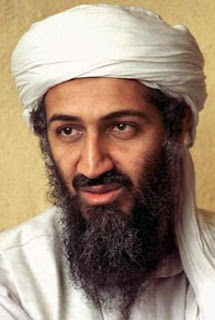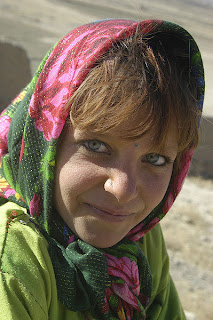
Week 4: Djibouti (Official name: The Republic of Djibouti) Independence from France 1977.
2009 Est Population: 864,000 (Similar to the amount in San Jose California). Its density is relatively low due to the vast amount of desert in the country.
Size: 8958 sq. miles (Same size as New Jersey)
Largest Cities: Djibouti 624,000. A port city on the Gulf of Aden at the base of the Red Sea.
Ethnicity: Somali people (60%) distant immigrants from neighboring Somalia and Afar people (35%) native to the land of Djibouti. The rest of the population is mixed European from the days of French occupation.
Location:

Djibouti is located in Northeastern Africa. It borders the Gulf of Aden near the Arabian Sea. Border countries include; Somali, Eretria and Ethiopia. Djibouti serves as the countries main access for trade as it is a port town. The country is mainly a stony desert, with scattered plateaus and highlands.
Capital: Djibouti, a French Hong Kong, which hold more than half of the country’s small population.
Language: The official Language is French but Arabic, Somali, and Afar are also recognized.
Religion: While geographically in Africa, the country has social and political ties to the Arab world. As a result 94% of the population is Muslim, and 6% are Christian.
Demographic Conflict:
The Djibouti population has grown by nearly 100% in the past decade, due largely to immigrants and refugees from its neighboring countries. This population increase further fuels the conflict between the native Afarian people and the Somali Issa clan.
The Somali clan has a major influence with executive power in the government. While peace has been made, residual unrest continues to be an issue in Djibouti. However, Djibouti has cooperated with the U.S. and the UN in launching anti-terrorist and anti-pirate attacks in Somali waters.
The ethnic divide between the Somali Issa clan and the Afar dominates the social and political landscapes. It is the cause of political hostilities and the root of what some at one time called Djibouti's 'boiling cauldron.' In the political sphere there have been attempts at power sharing to try to quell the conflict, though the political dominance of the Issa continues to be a source of Afar resentment and periodic unrest. In the social sphere, the divide looms large.
Economy

Djibouti has few natural resources to offer beyond low profit-yielding salt. The arid soils provide little agricultural opportunity, there is little or no mineral wealth, and there is no oil known off the coast. The people, while more educated than many of their regional counterparts, are not well trained enough to offer international business skills. Infrastructure does not provide the requirements for attracting significant international business. Djibouti's main advantages have been its strategic position. It has a vibrant port in a region of large land-locked country.
An unemployment rate of 40% to 50% continues to be a major problem. Inflation is not a concern, however, because of the fixed tie of the franc to the U.S. dollar. Per capita consumption dropped an estimated 35% (and you thought we had it bad) over the last seven years because of recession, civil war, and a high population growth rate (including immigrants and refugees). Renewed fighting between Ethiopia and Eritrea has been beneficial to Djibouti, the Port of Djibouti now serving as landlocked Ethiopia's primary link to the sea.

Source: Wikipedia.org and CNN.com














